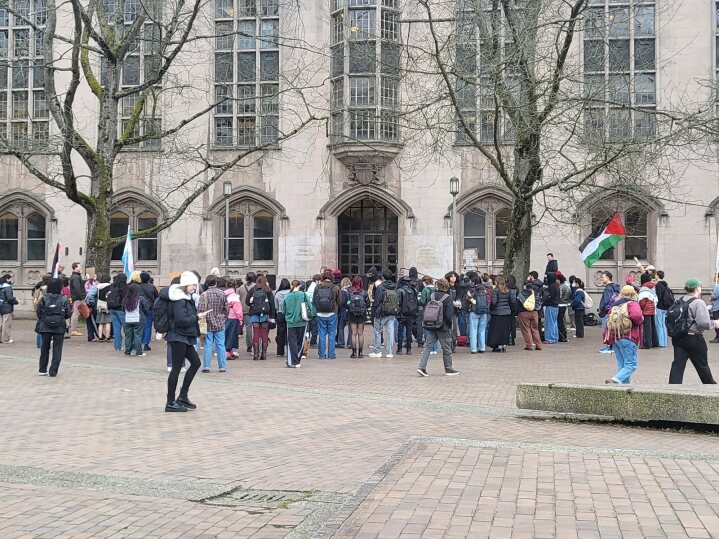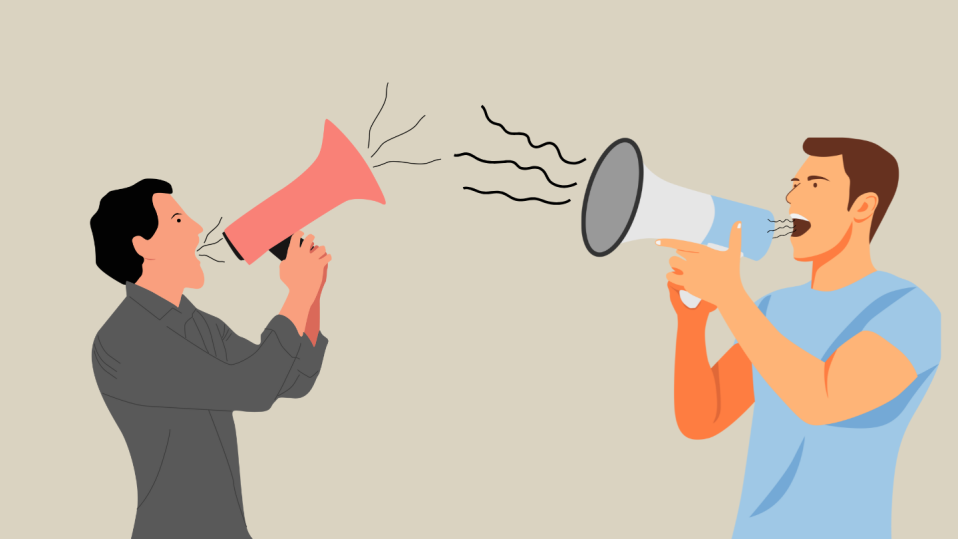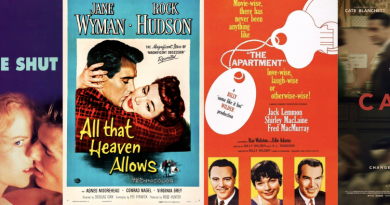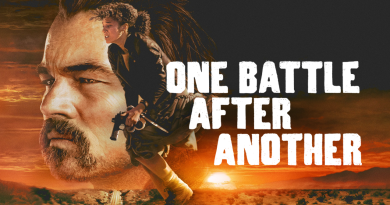Is protest a more valid form of free speech?
Questions arise from the free speech debate on transgender policies as a rally at UW Seattle stopped a political campaign event.
By: Michaela Ely
A rally on UW Seattle’s campus led to the cancellation of a presentation by Turning Point USA (TPUSA) titled “Protect Women from Men: The Threat of the Trans Agenda.” Shortly after the cancellation, the speaker, Olivia Krolczyk went on The Jake and Spike Show, a KIRO radio show to state that her free speech rights were violated by the protesters, whose actions led to the cancellation of the event.
The protest was led by the Students for Democratic Society. It was reported by The Daily that a fire alarm was pulled, resulting in an evacuation and total cancellation. There was no immediate security or police presence on campus, hence leading to ten minutes of confusion.
While Krolczyk did have the right to come onto campus and share her presentation, the protestors had the same right to be there, as the First Amendment protects both speech and protest. On the radio show, the hosts agreed with Krolczyk that her freedom of speech was not protected by the school.

Although the radio hosts agreed that her rights were violated, they also disagreed with her message. Not only is Krolczyk’s message harmful with attacks on the transgender community, it’s also based in inaccuracy. A significant amount of anti-trans rhetoric comes from the idea that transgender women have biological advantages in sports, however, there is a lack of consistent research to support this, according to the Sports Medicine journal.
President Trump recently signed an executive order that would ban transgender women from competing in collegiate sports, as well as an executive order targeting gender affirming care for people under 19, and an executive order barring transgender individuals from the U.S. military.
However, the NCAA president told a Senate committee that there were less than 10 transgender athletes in college athletics, according to BBC. Since the series of executive orders placing restrictions on transgender people, the NCAA has decided to uphold this ban and Seattle Children’s Hospital is putting gender-affirming surgeries on hold.
The Washington state government has decided to sue the Trump administration over several of these actions, with a washington judge halting the executive order targeting gender affirming care. While Washington feels remotely protected as a blue state and with our government fighting these policies, our population can never be entirely protected, especially while presentations like Krolczyk’s persist on college campuses. At a certain point, I believe the question should be asked about when a presentation titled as it was should start to be considered hate speech rather than free speech.
Hate speech can be defined as “any form of expression through which speakers intend to vilify, humiliate, or incite hatred against a group or a class of persons on the basis of race, religion, skin color, sexual identity, gender identity, ethnicity, disability or national origin,” according to the American Library Association.
With the subtitle of Krolczk’s presentation being “The Threat of the Trans Agenda,” I believe that it can be argued that this presentation was meant to vilify the transgender community, thus being a prime example of hate speech.
Transgender people make up less than two percent of the human population globally. Yet, Republican lawmakers and lobbyists spend an excessive amount of time targeting this population through what I would consider to be unfair legislation and fear-mongering. The presentation of drag queens as a danger to children while children are more likely to be abused by a parent, according to the National Children’s Alliance, is an abhorrent example of this.
Furthermore, using religion, specifically Christianity, to justify discrimination against a minority group is a key example of cognitive dissonance when Christianity preaches to “love thy neighbor.” There shouldn’t be strings attached to acceptance, or even tolerance.
Churches like the Westboro Baptist Church have made a name for themselves by being very extreme in their views against the LGBTQ+ community, and while their views are extreme, they aren’t entirely alone in their beliefs. However, some churches and religious leaders, such as Bishop Budde who spoke at the inaugural prayer service asked President Trump to have mercy on the LGBTQ+ community based on her own Christian values.
So why do people care? Why are some politicians insistent that this minority population should have such policies placed upon them? There is no right answer to these questions, but I argue the answers shouldn’t matter. Injustice is injustice and free speech is a defense used by Krolczyk in order to further her own message of hate.
Should free speech really be considered free, if it’s used to isolate a minority group? People can play devil’s advocate and flip the situation, asking me how I would feel if a presentation I was presenting or attending were to get canceled due to a counter protest. I would feel disappointed by that happening, but I wouldn’t think my free speech rights were being violated.
Speeches can be moved virtually to accommodate for things like the weather all the time, so if she really wanted to give her speech that day, she could’ve done it virtually from a safe space. The fact is, just as free speech is protected under the First Amendment, so is the right to protest.






